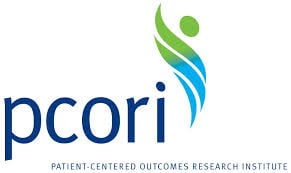Will you be at this Year’s Nonprofit Management Institute?
Stanford Social Innovation Review’s 10th Annual Nonprofit Management Institute is taking place September 9th-11th in Stanford, CA, with a welcome reception at the Sheraton Palo Alto on the 8th. The conference focuses on executive education for social sectors, and this year’s theme is “Building Resiliency: Yourself, Your Organization, Your Society.”
.png?width=1501&name=Nonstop_Logo-22-Horizontal%20(2).png)








